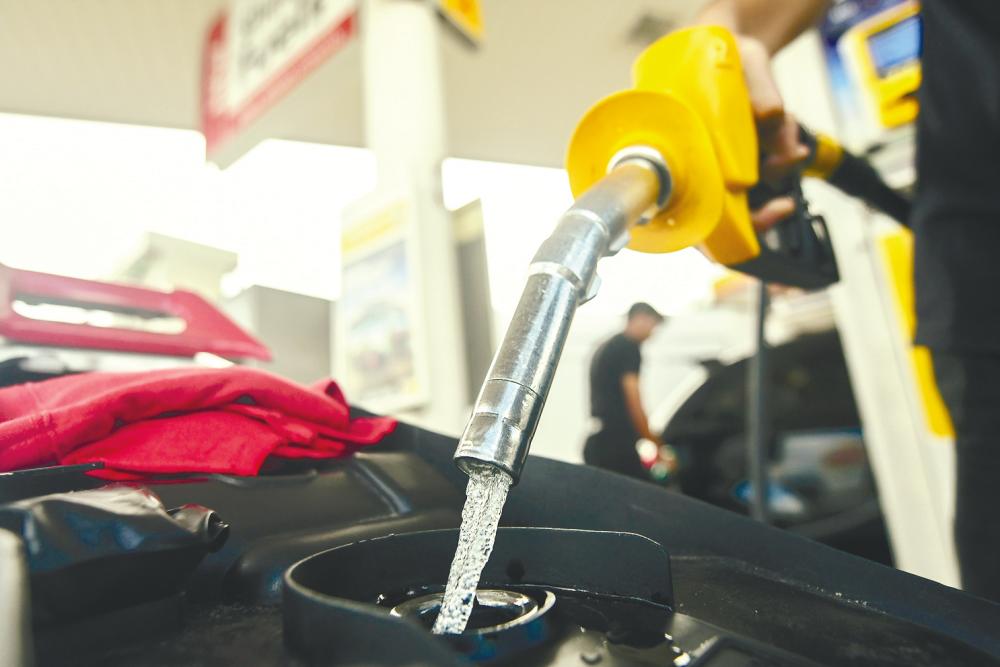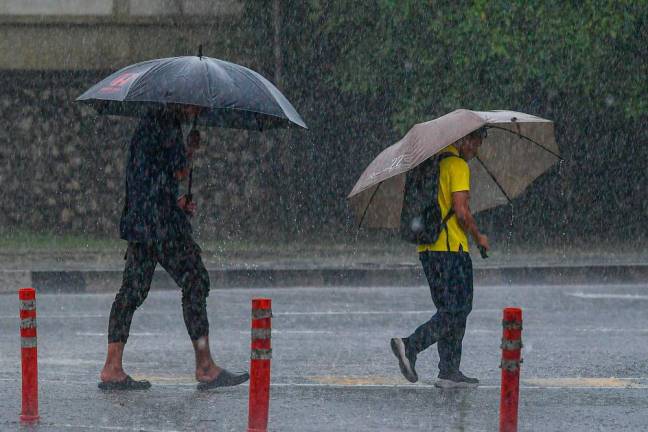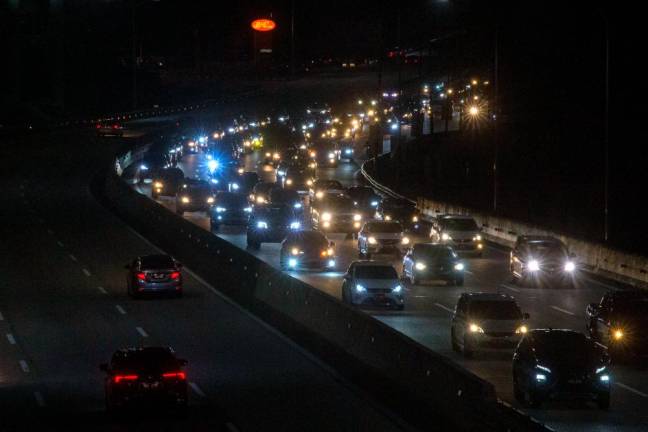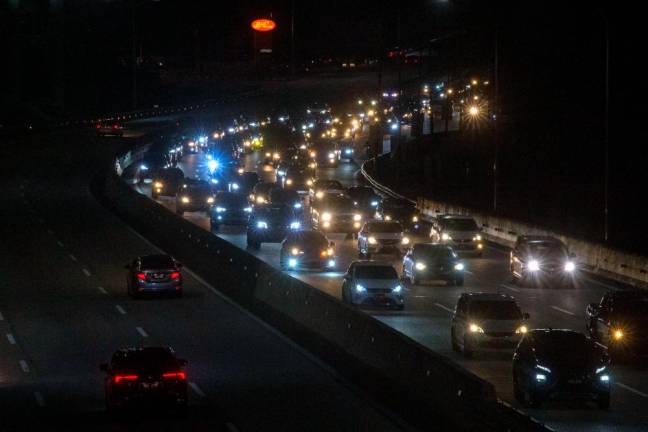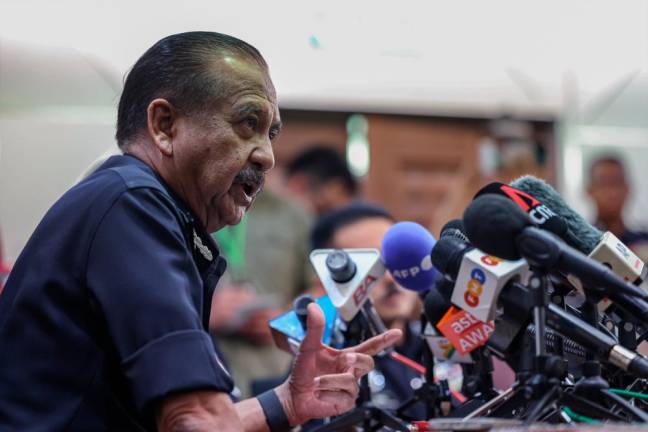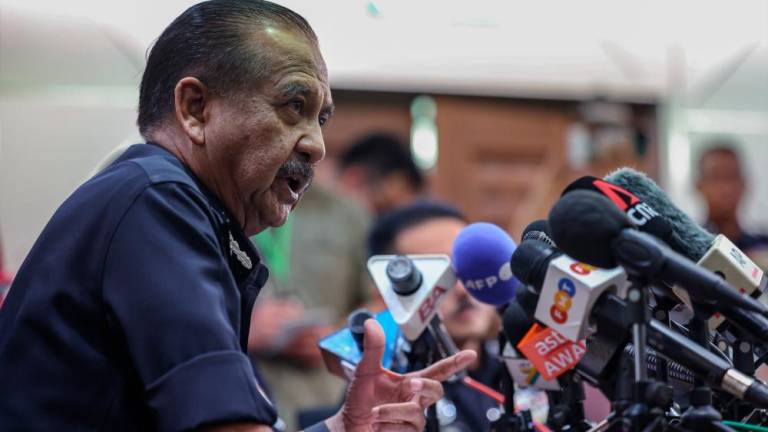PETALING JAYA: The government’s announcement of a petrol subsidy targeted at the B40 community is welcomed, but there could still be an adverse impact on aggregate consumption, said Public Research.
“While the policy is positive to clamp down leakages in the economy and fairer distribution of resources, we must also be cognisant of its potentially adverse impact on aggregate consumption as what we witnessed in 2017.
“Measures to reduce the cost of living to offset the blow to aggregate consumption must be taken and Budget 2020 provides the best avenue to address that. Our 2020 inflation projection and aggregate consumption projections remain status quo until the tabling of Budget 2020 this Friday,” the research house said in a note today.
On Monday, Domestic Trade and Consumer Affairs Minister Datuk Seri Saifuddin Nasution announced a monthly petrol subsidy of RM30 for owners of cars below 1,600cc and cars more than 10 years old that are above that capacity, and RM12 for motorcycle owners beginning next year.
The eligibility criteria for the new subsidy, which the government estimates will benefit 2.9 million vehicle owners, is more stringent than those guided by Budget 2019, which projected 6.6 million beneficiaries.
The total cost of the targeted fuel subsidy is estimated at RM65.4 million a month or RM784 million a year.
The refloating of the RON95 price is only applicable to Peninsular Malaysia while Sabah, Sarawak and Labuan will see a capping of the price of RON95 at RM2.08 per litre in view of the high usage of diesel there, the minister said when announcing the subsidy.
The price of RON95 will be refloated in stages in early 2020 before eventually being priced according to global benchmarks. No subsidy will be given should oil prices and the consequent petrol prices stay below RM2.08 per litre.
The RON95 price has been kept steady since February 2019 and has played a pivotal role in keeping inflation low, reflected by the average rate of only 0.3% for 2019 to date.
To that effect, CIMB Research said that following clarity on the timing of the targeted fuel subsidy mechanism, it will be revise its 2020 forecast inflation forecast higher to 1.9% from 1.1%.
“While we expect slight upward pressure to core inflation due to second-order effects, underlying price movements are poised to remain below levels consistent with medium-term price stability.
“We retain our expectations for a 25 basis point (bp) Overnight Policy Rate (OPR) cut in November 2019. However, implications of the tweaked inflation forecasts have led us to delay our call for a follow-up 25bp reduction from 1H20 to 2H20,” it said.



